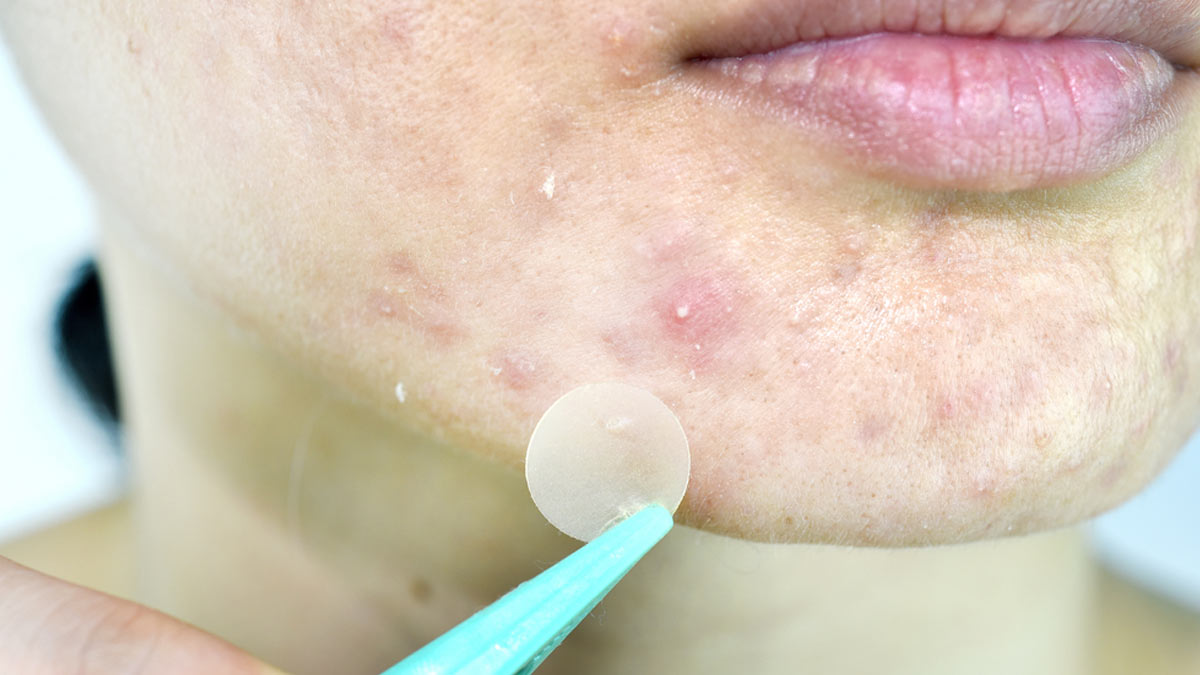
Whiteheads are one of the most common types of acne that many people experience, particularly on the nose. These small, white bumps can be frustrating and difficult to manage, but understanding why they form and how to treat them can help you achieve clearer skin. In this article, we list the causes of whiteheads on the nose and provide effective treatment options to keep them under control.
Table of Content:-
What Are Whiteheads?
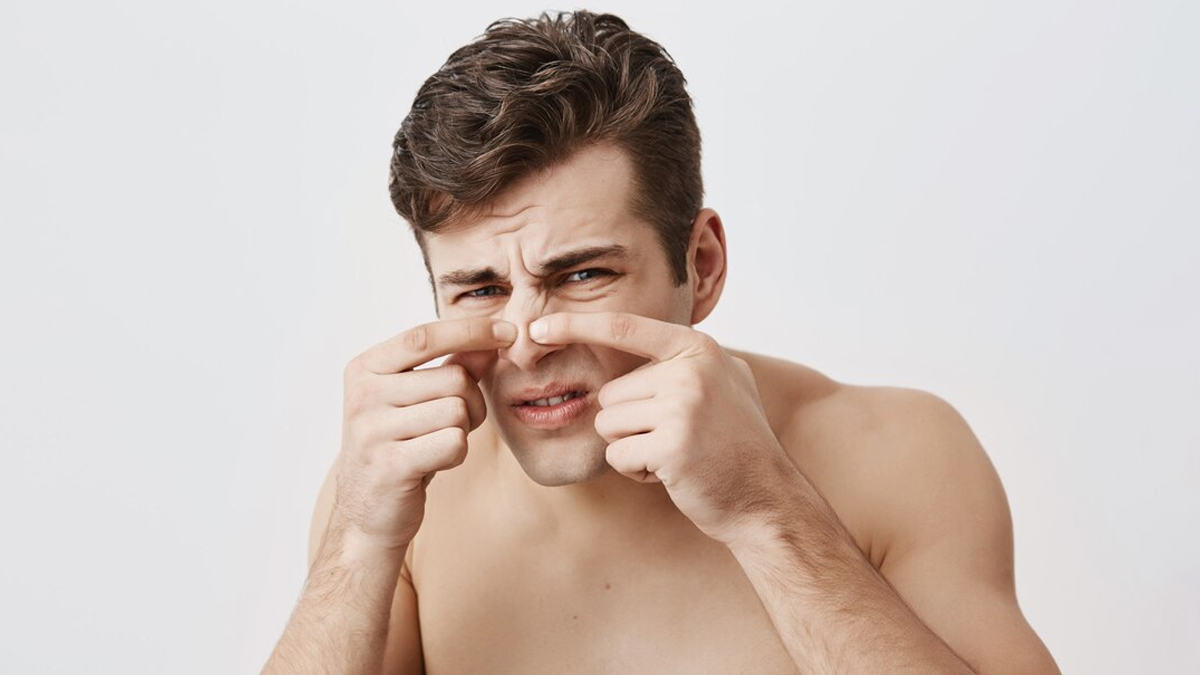
Whiteheads, also known as closed comedones, are a form of acne that occurs when dead skin cells, oil (sebum), and bacteria become trapped in a hair follicle or pore. Unlike blackheads, which are open pores clogged with the same material that oxidises and turns black, whiteheads remain closed, giving them their characteristic white appearance.
Whiteheads can appear anywhere on the face, but the nose is particularly prone to them because it has a higher concentration of sebaceous glands, which produce oil. When these glands become overactive, they can clog the pores, leading to whiteheads.
Also Read: Removing Whiteheads: Here's How Honey And Cinnamon Face Mask Can Help Get Rid Of Whiteheads
Why Do You Get Whiteheads on Your Nose?
Several factors contribute to the development of whiteheads on the nose:
1. Excess Oil Production
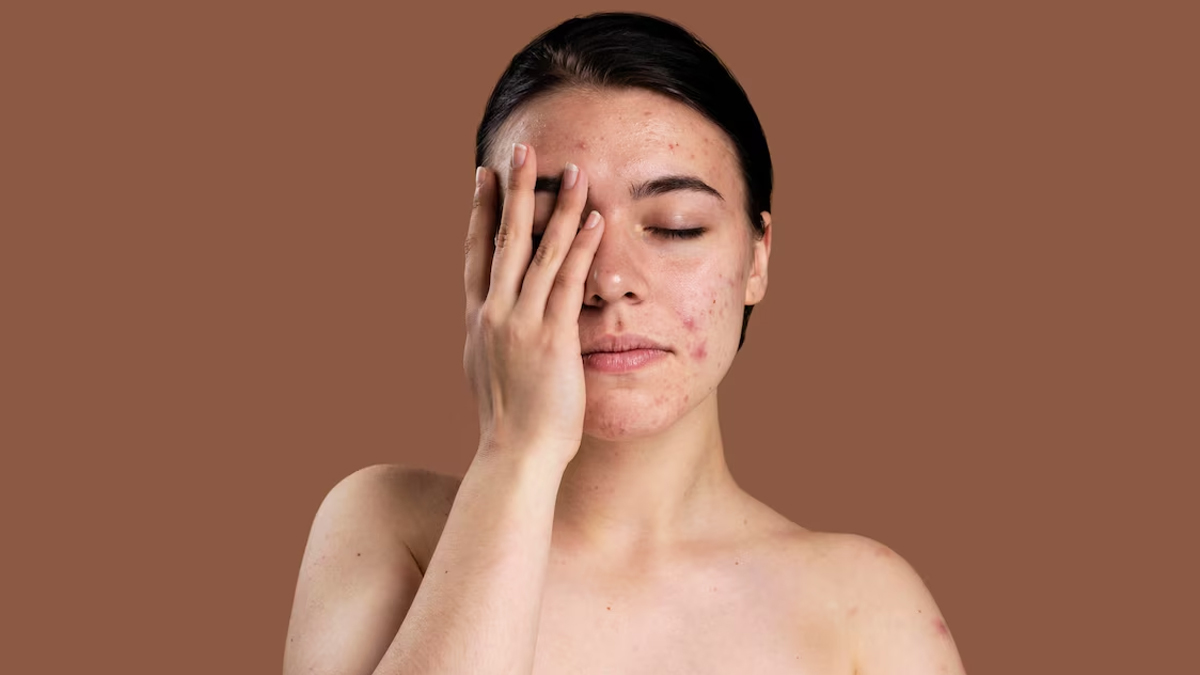
The skin on your nose is naturally oilier than other areas of your face because of the presence of more sebaceous glands. Sebum, an oily substance produced by these glands, moisturises and protects the skin. However, when too much oil is produced, it can mix with dead skin cells and bacteria, clogging pores and leading to whiteheads.
2. Hormonal Changes
Hormonal fluctuations, especially during puberty, menstruation, pregnancy, or as a result of conditions like Polycystic Ovary Syndrome (PCOS), can increase sebum production. An increase in androgen hormones, in particular, can cause the sebaceous glands to enlarge and produce more oil, making whiteheads more likely to appear on the nose and other oily areas of the face.
According to data published in Dermato Endocrinology, excessive sebum secretion is a key factor in the development of inflammatory acne. Additionally, a recent study found a link between increased sebum production and the onset of acne.
3. Poor Skincare Habits

Not properly cleaning the skin can lead to the accumulation of dirt, bacteria, and excess oil, all of which contribute to clogged pores. If you’re not exfoliating regularly, dead skin cells can build up, leading to whiteheads. Additionally, using heavy, pore-clogging makeup or skincare products that are not labelled 'non-comedogenic' can also contribute to whitehead formation.
Also Read: Troubled By Whiteheads? Follow These Tips To Deal With It
4. Diet
The role of diet in maintaining skin health should not be neglected. Consuming excessive amounts of sugary foods, dairy products, and refined carbohydrates can spike insulin levels, leading to increased oil production and a greater likelihood of whiteheads forming. According to the American Academy of Dermatology Association (AAD), adopting a low-glycemic diet could help decrease the severity of acne. Foods with a low glycemic index typically include most fresh vegetables, certain fruits, beans, and steel-cut oats.
5. Stress
Stress triggers the release of cortisol, a hormone that can lead to increased oil production. When your skin becomes oilier due to stress, it’s more likely to clog the pores and develop whiteheads, especially on the nose.
6. Environmental Factors
Exposure to pollutants, dirt, and humidity can increase the buildup of oil and bacteria on your skin. Additionally, sweating excessively or not washing your face after being in polluted environments can increase the chances of whiteheads appearing.
How to Treat Whiteheads on the Nose
While whiteheads can be stubborn, several treatment options can help clear them up and prevent new ones from forming.
1. Cleanse Regularly
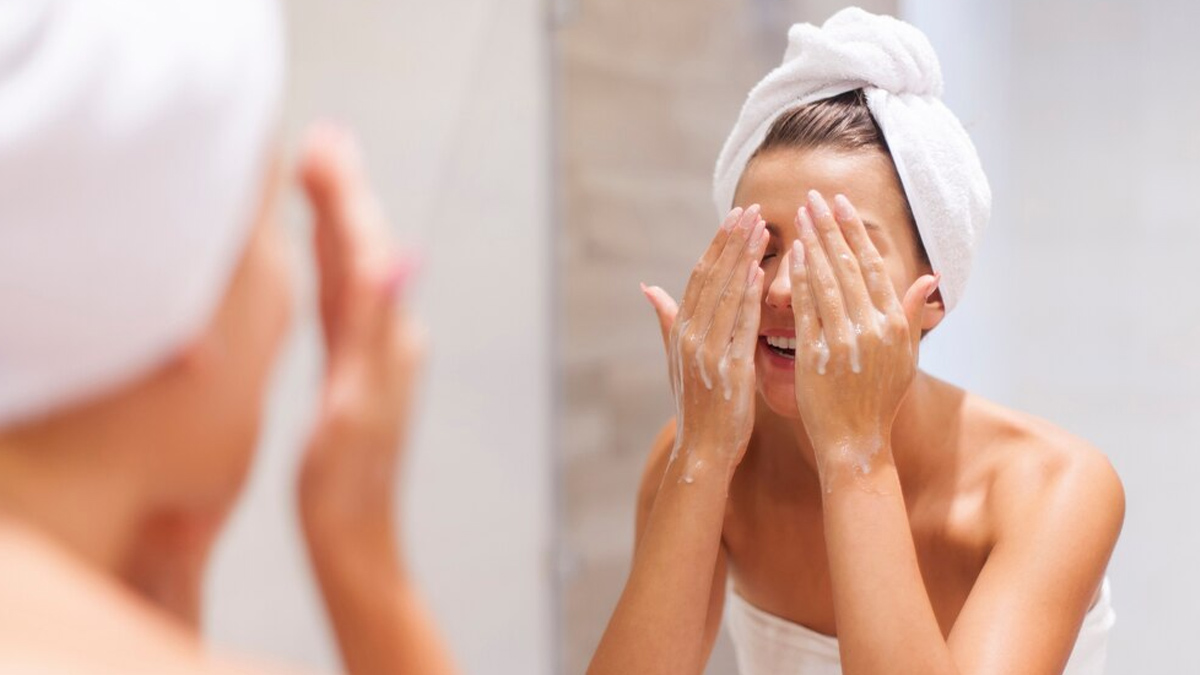
It is important to keep your skin clean to keep whiteheads at bay. Hence, use a gentle, non-comedogenic cleanser twice a day to remove dirt, oil, and impurities. Avoid harsh scrubs, as they can irritate the skin and make acne worse.
2. Exfoliate
It is important to exfoliate regularly so that dead skin cells can be removed, which leads to clogged pores and whiteheads. Therefore, look for chemical exfoliants that contain Alpha Hydroxy Acids (AHAs) or Beta Hydroxy Acids (BHAs) like salicylic acid. These ingredients can penetrate the pores, clear out excess oil, and promote cell turnover, keeping your skin smooth and free of blockages.
A 2024 study revealed that nanofiber skin masks infused with AHA and BHA are effective in treating acne vulgaris. These masks reduce inflammation, sebum production, and acne lesions.
3. Moisturise
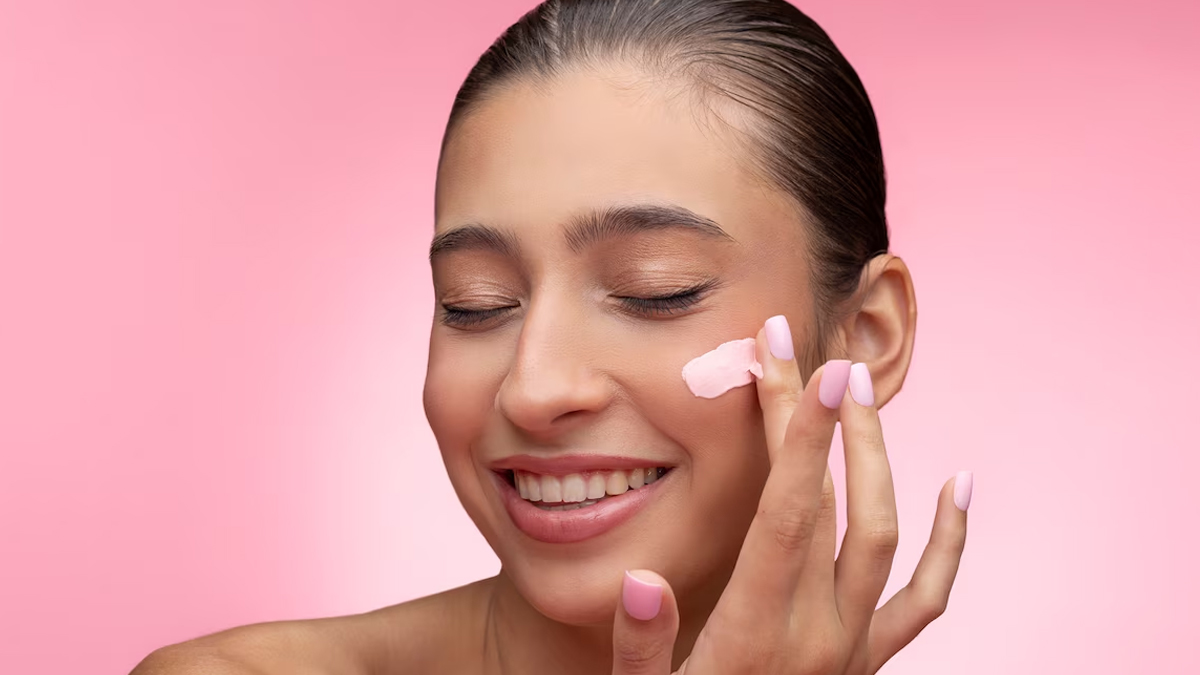
Even if your skin is oily or prone to breakouts, it still needs proper hydration to stay balanced and healthy. Hence, choose a lightweight, oil-free moisturiser that keeps your skin hydrated without clogging pores. When your skin is well-moisturised, it helps maintain a healthy barrier, reducing the risk of excess oil production that can cause whiteheads.
4. Avoid Squeezing or Popping Whiteheads
While it may be tempting to squeeze or pop whiteheads, doing so can push the bacteria deeper into the skin, leading to more inflammation and potential scarring. Instead, let the treatments do their work, or see a dermatologist for extractions if necessary.
5. Consider Retinoids
Topical retinoids, such as adapalene or tretinoin, are powerful acne treatments that help regulate skin cell turnover, preventing the clogging of pores. These products are effective in treating and preventing whiteheads by keeping pores clear over time.
6. See a Dermatologist
If over-the-counter treatments aren’t working, or if you’re experiencing persistent whiteheads, it’s a good idea to consult a dermatologist. They can offer stronger prescription treatments, such as topical retinoids, antibiotics, or other medications, to help clear your skin.
[Disclaimer: This article contains information for informational purposes only, hence, we advise you to consult your expert if you are dealing with any health issues to get the necessary treatment.]
Also watch this video
How we keep this article up to date:
We work with experts and keep a close eye on the latest in health and wellness. Whenever there is a new research or helpful information, we update our articles with accurate and useful advice.
Current Version